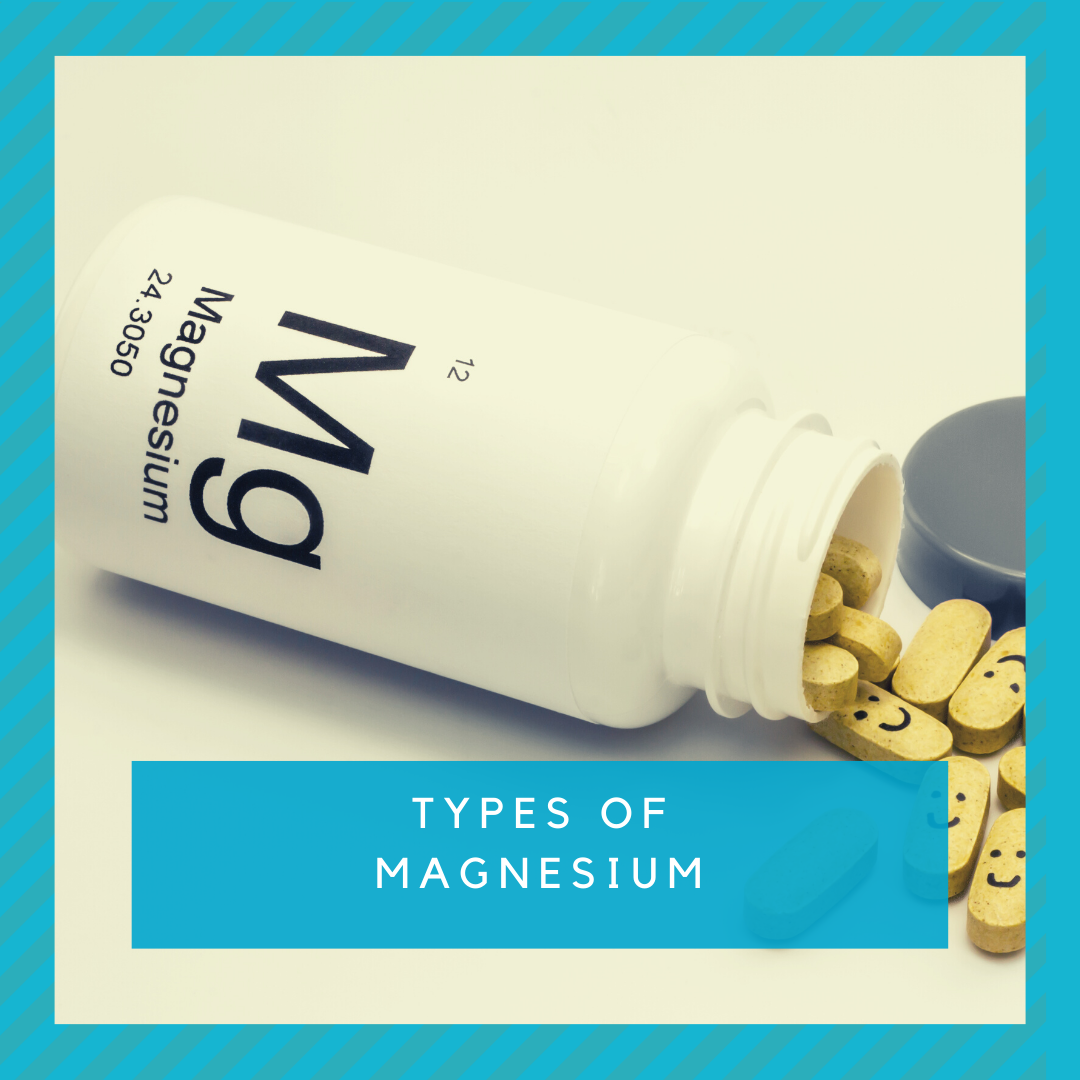Signs you need Magnesium
Signs you need Magnesium
Magnesium is a mineral that is essential to good health. As a matter of fact, it is the 4th most abundant mineral found in the body. Nearly half of body’s magnesium is commonly found in your bones while the other half is mainly found in the cells of your body organs and tissues. Magnesium sustains typical nerve and muscle function, fosters a healthy immune system and helps keep bones strong. Apart from this, magnesium plays an important role in the management and prevention of certain ailments and diseases including heart disease, hypertension and diabetes.
And while only 1% of the body’s magnesium is found in blood, the essential mineral also helps maintain normal blood pressure and regulate blood sugar levels. Magnesium deficiency in your diet is caused of lack of consumption of magnesium-rich foods and soil depletion. Here, you will learn and know the signs that you are magnesium-deficient and the important things you should do to overcome it.
1. Fatigue- It is very common for individuals to feel wound up after their long hours of work. This is one of the reasons why they find hard time to sleep at night. Magnesium can greatly help them. Magnesium plays a vital role to make your central nervous system function well. Once you lack this mineral, you may experience waking up at the middle of the night, causing irritability and constant tiredness throughout your day. It is highly recommended to eat a bit of dark chocolate or pumpkin seeds.
2. Restless Legs- According to studies, if you experience muscle cramp while you are lying in bed, it could be related to magnesium deficiency. Magnesium can make your muscles relax and to avoid painful cramping. Incorporate leafy vegetables into your daily meal. This will surely help to increase your magnesium levels and at the same time reduce painful muscle cramping.
3. High Blood Pressure- High blood pressure can damage your body before you experience the signs. Even though you exercise and eat healthy foods, you still experience high blood pressure. This is because you lack magnesium in your body. With the combination of exercise and healthy diet, take supplemental magnesium.
4. Dizziness- Extreme dizziness or also known as vertigo can be cause by lack of magnesium. For you to avoid dizziness, make sure to eat fish in a regular basis. This is because fish is an excellent source of magnesium that encourages brain’s recognition of sensory signals.
5. Stress- When you are stressed, general tension, weight gain and worry lines all show up. Stress causes your body to waste magnesium so it is highly recommended to incorporate magnesium-rich foods to your diet. This will surely help to make your nervous system happy and calm.
6. Belly Bloat- The ultimate key to a healthy and happy life is to keep your digestive system in good condition. Magnesium relaxes your intestines muscles, making slow digestion and bloating unlikely. Incorporate excellent sources of magnesium into your diet to boost your digestive health. Eat dried fruit, bananas and yogurt.
What type of Magnesium is right for you?
Magnesium citrate is one of the most popular types of magnesium supplements and easily absorbed by your body. It’s mainly used to raise magnesium levels and treat constipation.
Magnesium oxide is often used to relieve digestive complaints like heartburn and constipation. Given that the body doesn’t absorb it well, it isn’t a good choice for those who need to raise their magnesium levels.
Magnesium chloride is easily absorbed orally and used to treat heartburn, constipation, and low magnesium levels. Also, applying it topically may help relieve muscle soreness but not boost your magnesium levels.
Magnesium lactate is effective as a dietary supplement and possibly gentler on your digestive system. It may be more suitable for those who don’t tolerate other forms or need to take especially large doses.
Magnesium malate is easily absorbed and may have less of a laxative effect than other forms. It’s occasionally recommended for chronic conditions like fibromyalgia.
Magnesium taurate may be the best form for managing high blood sugar and high blood pressure.
Magnesium L-threonate may support brain health, potentially aiding the treatment of disorders like depression and memory loss.
Magnesium sulfate, or Epsom salt, is frequently dissolved in water to treat stress and sore muscles.
Magnesium glycinate is often used for its calming effects to treat anxiety, depression, and insomnia.
Magnesium orotate may bolster heart health by improving energy production in your heart and blood vessel tissue.
Magnesium is present in a variety of foods, including:
Legumes: black beans, edamame
Vegetables: spinach, kale, avocado
Nuts: almonds, peanuts, cashews
Whole grains: oatmeal, whole wheat
Dark Chocolate
Dosage
Most adults need 320–420 mg of magnesium per day. If you’re unable to meet your needs from your diet, a supplement may be warranted. They’re widely considered safe, but you may want to talk to a health professional before starting.


